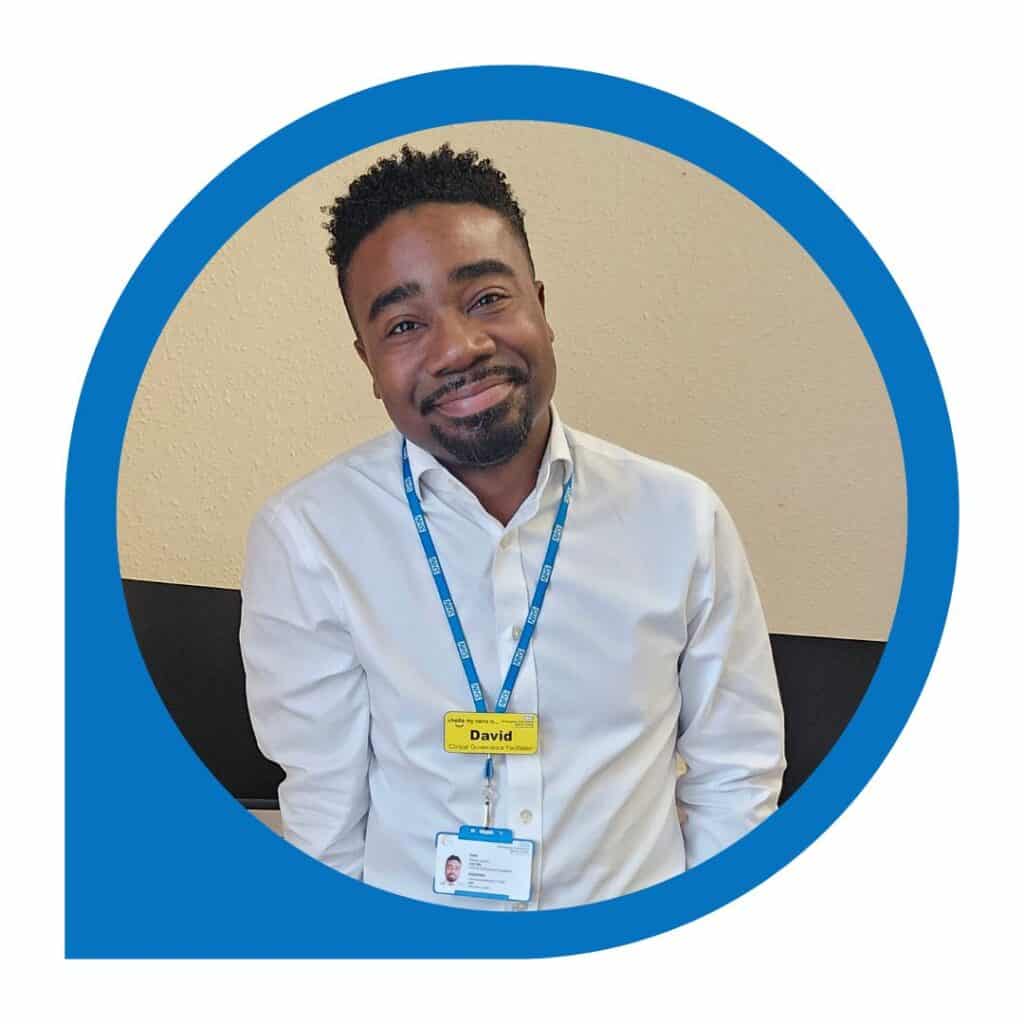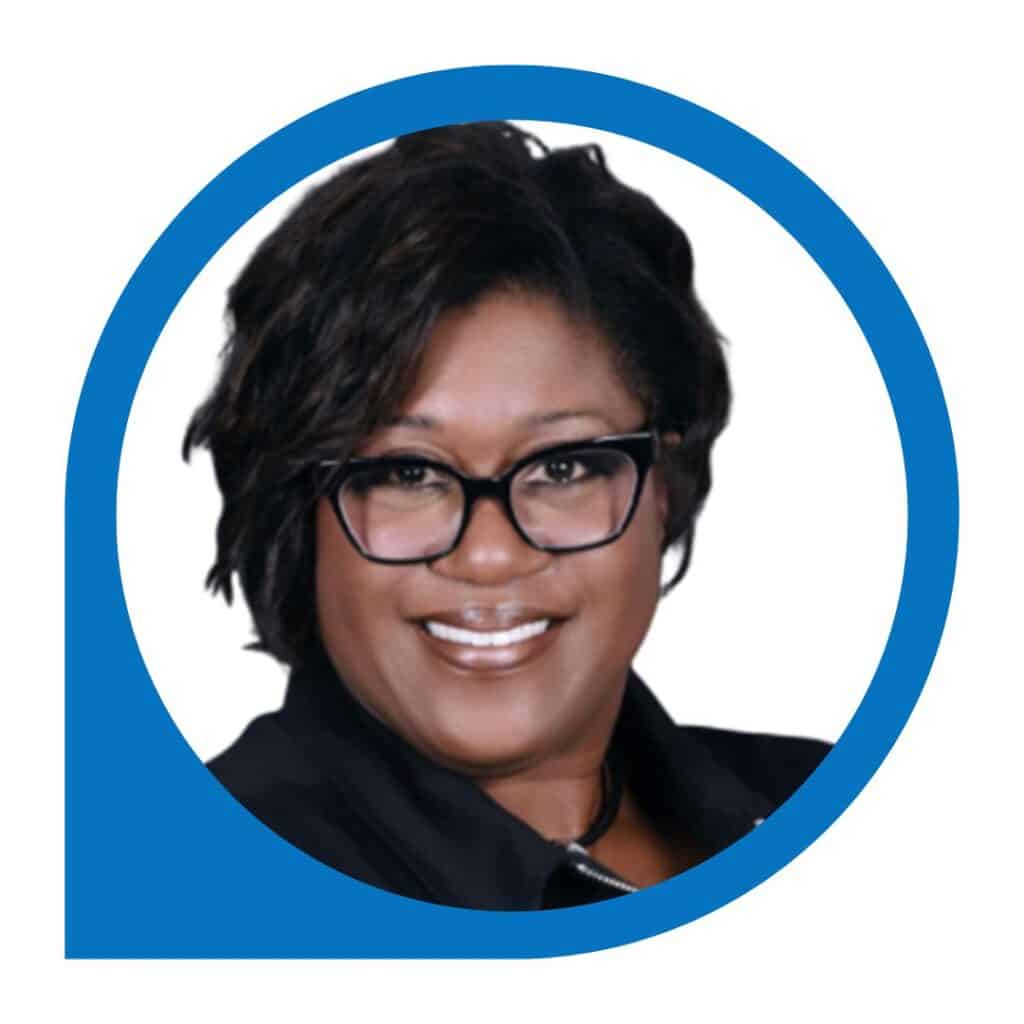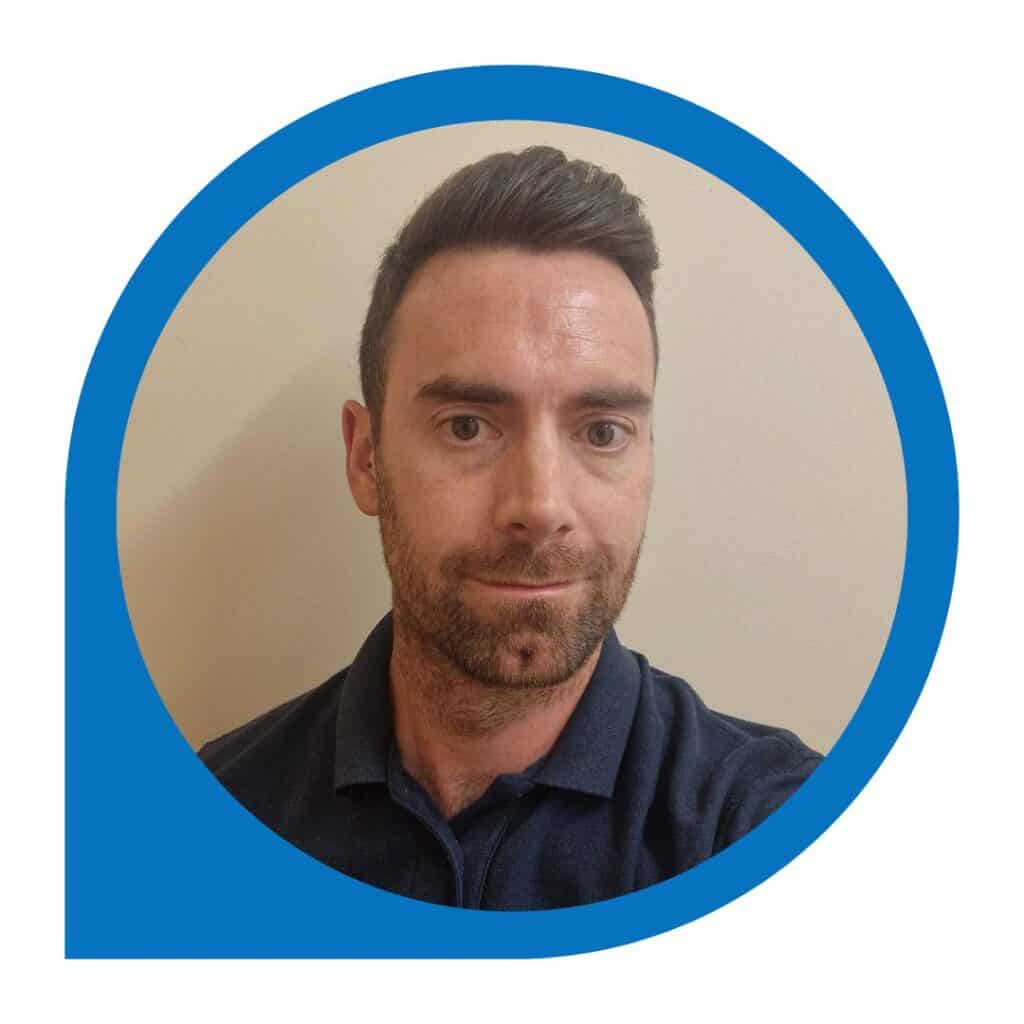Neuropsychiatry is a growing speciality, combining neurological and psychological aspects of illness.
Located at the Barberry centre, our Vetiver team offers a comprehensive multidisciplinary approach with specialist input from neuropsychiatrists, nurse healthcare scientists and occupational therapists. Together, they study and treat a range of disorders that affect the brain and nervous system, and the relationship this has on behaviour and mental health.
Since 2016, Clinical Physiologist, Wendy Roper Knight has supported countless patients with a variety of disorders such as sleep disorders and epilepsy. Find out more about her fascinating career as well as the incredible work this small but mighty team do here at Team BSMHFT!
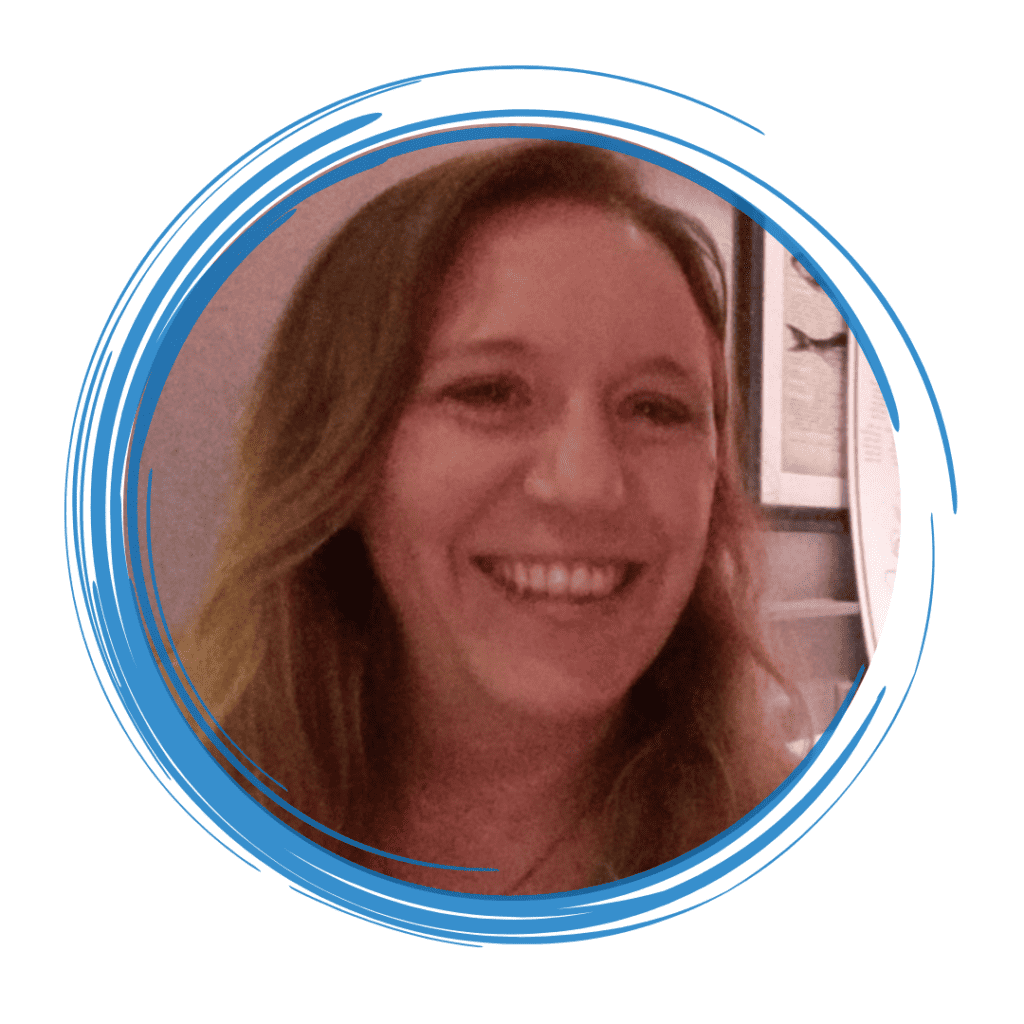
Hi Wendy, thanks for agreeing to chat with us! Please could you start by telling us a little bit about yourself and what you do at Team BSMHFT?
I have worked at BSMHFT as part of the Electroencephalography (commonly referred to as EEG, which measures brain activity)/ Vetiver team since 2016, initially as a Highly Specialised Clinical Physiologist (Healthcare Scientist) and then in 2021 I took over as manager of the unit. The EEG/ Vetiver unit is a diagnostic monitoring Neurophysiology unit which is part of the Neuropsychiatry service. We diagnose and specialise in sleep disorders, epilepsy, and non-epileptic attack disorder (NEAD).
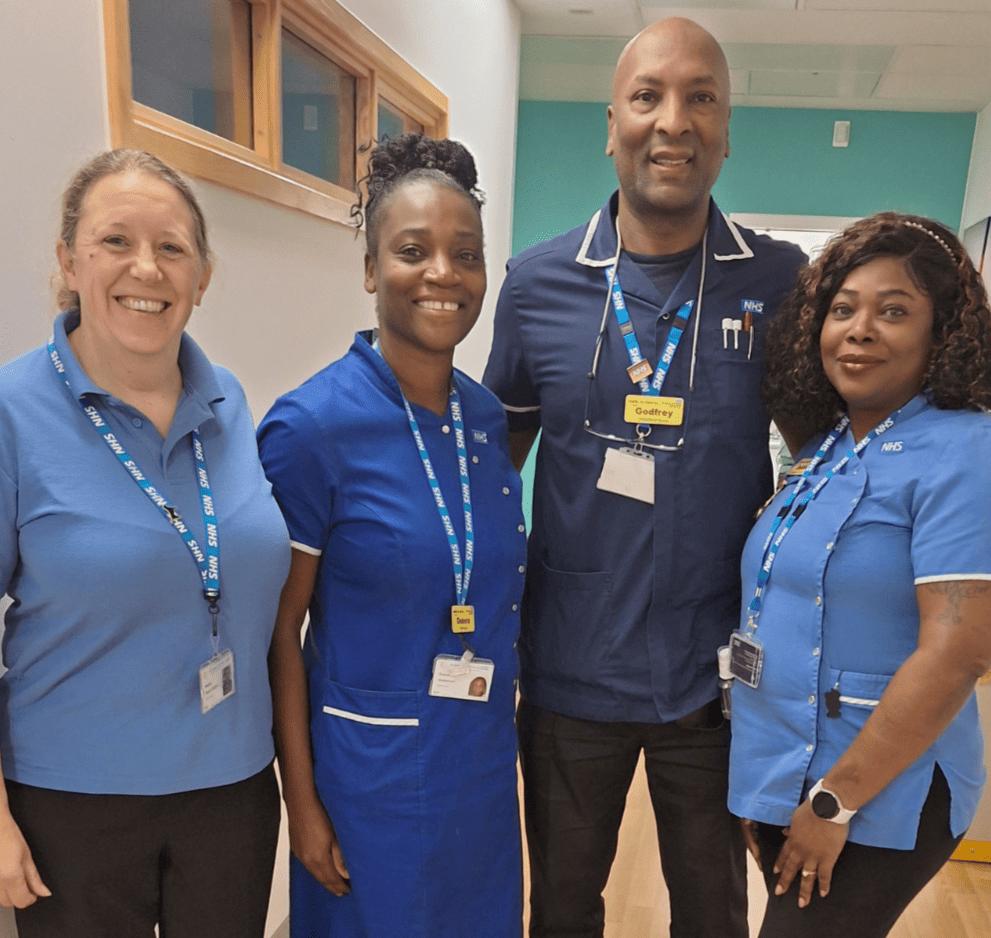
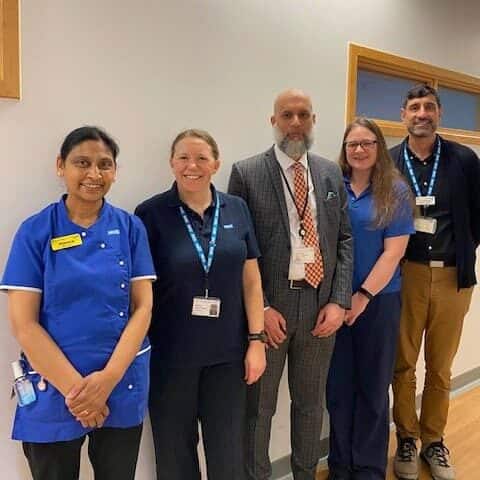
My team is multidisciplinary and is made up of our Consultant Scientist Dr Khalsa, Healthcare Scientist Emma and the nursing team of Debs, Hansa, Claire, Carol, Debbie and Doreen. Additionally, we have an indispensable service Secretary Gurminder and our Lead Consultant Psychiatrist Dr Rather, along with a Junior Doctor (Core trainee). We are part of the Neuropsychiatry service so work in close conjunction with the medical, nursing staff and Allied Health Professionals that make up the service.
My job involves organising referrals, waiting lists and admissions to the Vetiver unit as well as other tests including inpatient and outpatient EEGs, ambulatory EEGs and Home Video Telemetry studies, a tool used by neurologists to help diagnose seizure-like events. It’s a good way to get an overall view of the function of the brain.
Many people might not know what Neuropsychiatry is, or that it relates to mental health… could you help to explain this to us?
Neuropsychiatry is a field that combines neurology and psychiatry. It involves studying and treating disorders that affect the brain and nervous system and the relationship with behaviour and mental health.
Neuropsychiatric disorders have close associations with mental health but unfortunately there are few places that specialise or ‘bridge the gap’ between neurology and psychiatry and care for both at the same time.
As an example of an association, statistics show that people with epilepsy have two-five times increased risk of developing a psychiatric disorder. Additionally, one in three patients with epilepsy have a lifetime psychiatric diagnosis. Not taking into account mental health problems can lead to a poorer prognosis and response to treatment. Anti convulsants can also have psychiatric side effects.
Are there any common misconceptions about neurological disorders that you often hear?
One of the most common ones that is perpetuated on TV also is that everyone with epilepsy is sensitive to flashing lights. This is not true and it is only people with certain types of epilepsy that are sensitive to lights. There are also many different types of seizures, not only the type people usually associate with epilepsy.
Has there been any exciting studies or research trials in the world of neuropsychiatry recently?
There is a large amount of ongoing research in all areas of Neuropsychiatry. Our team on Vetiver have been involved in research on the cumulative effects of sleep deprivation, sleep disorders as well as the relationship between sleep and epilepsy. We are also involved in ongoing national audits in Neurophysiology.
Why did you choose this specific career field?
Like most of us in my profession I stumbled into it, without knowing very much about it initially. I knew when I was younger that I wanted to be involved in healthcare but I couldn’t decide which route was right for me. I did a degree in Human Biology and from there applied for and got a job at The National Hospital for Neurology and Neurosurgery in London, training to be a clinical physiologist on their Video Telemetry unit, which was one of the first of its kind (the type of unit we now have here in BSMHFT). I trained with some of the best and most renowned Epileptologists and Somnologists in the world. I was so incredibly fortunate to have obtained that position and gained the experience I did from there. I took some time to go travelling and also had some time working in Sydney, Australia. I settled in Surrey and worked at a local hospital for a number of years, covering all areas of Neurophysiology before moving to back to my Midland origins and starting at BSMHFT back in Video Telemetry where I started.
Past, present or future, what three people would you most want to sit down for a meal with?
I read and listen to a lot of autobiographies, particularly women who do extraordinary things and take on huge challenges. Chrissy Wellington (Ironman world champion) and Lucy Gossage (Ironman world champion and oncologist!) are heroes of mine, as well as the awesome Mimi Anderson and Anna McNuff, whose incredible sense of adventure and ‘just do it’ attitude are inspiring. I would need more than three! Every time I listen to a podcast or audiobook of someone’s story I think ‘wow’, I’d like to meet them!
Tell us something that people might not know about you
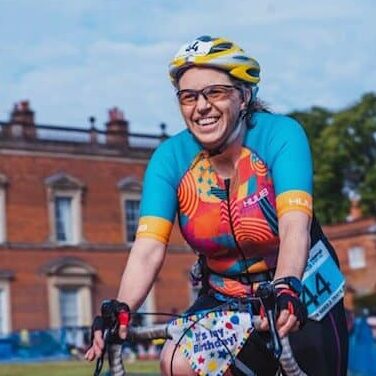
I’ve ran a number of marathons and take part in triathlons in my free time. I am a cub scout leader and a scout Duke of Edinburgh leader. I’ve just got my Scouting Airgun instructor qualification too!
Describe yourself in three words
Passionate (about my job, my team, my family and encouraging others), resilient and energetic.
For more information on our Neuropsychiatry service, please visit our webpage today.
Published: 21 March 2024



